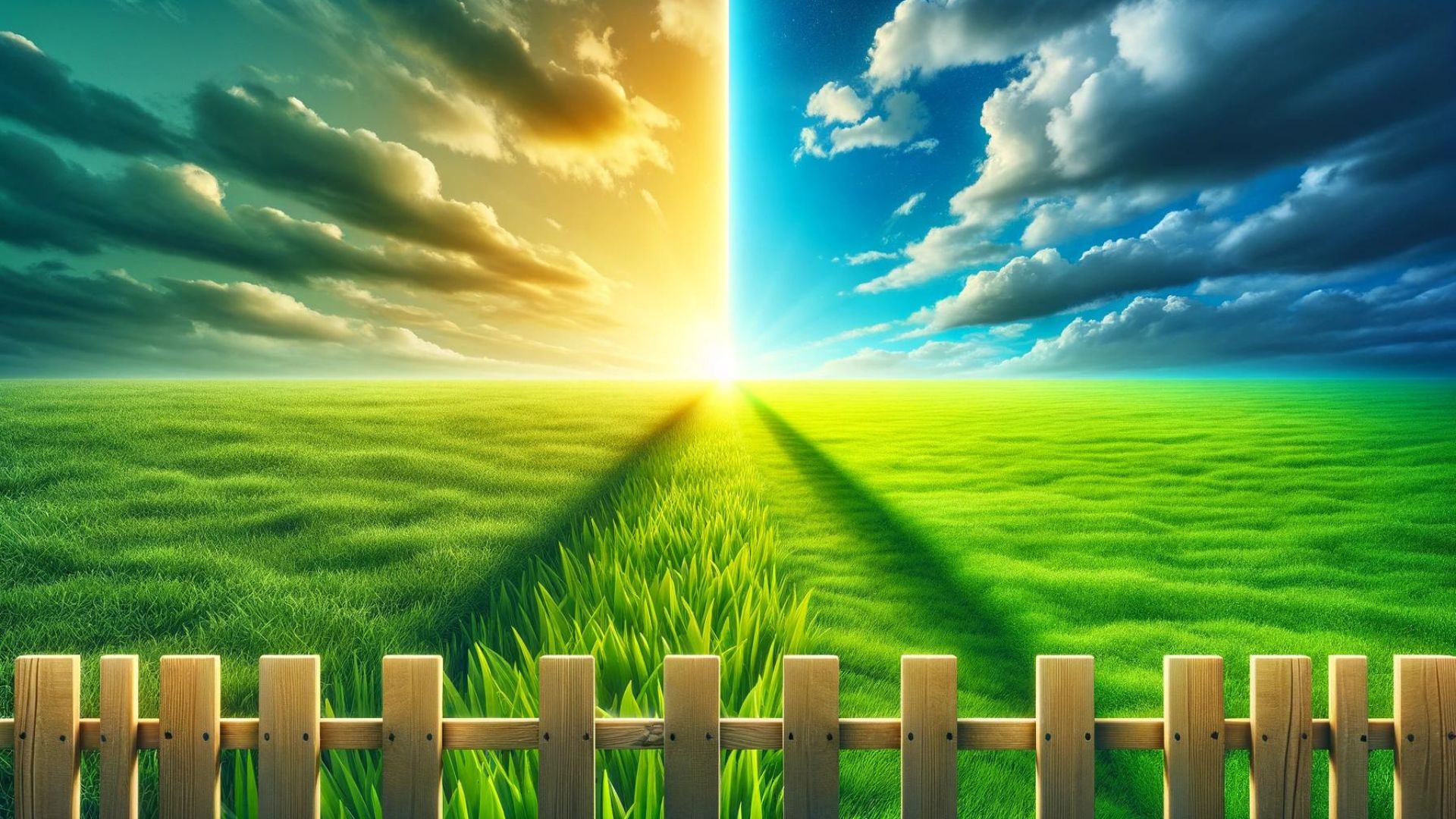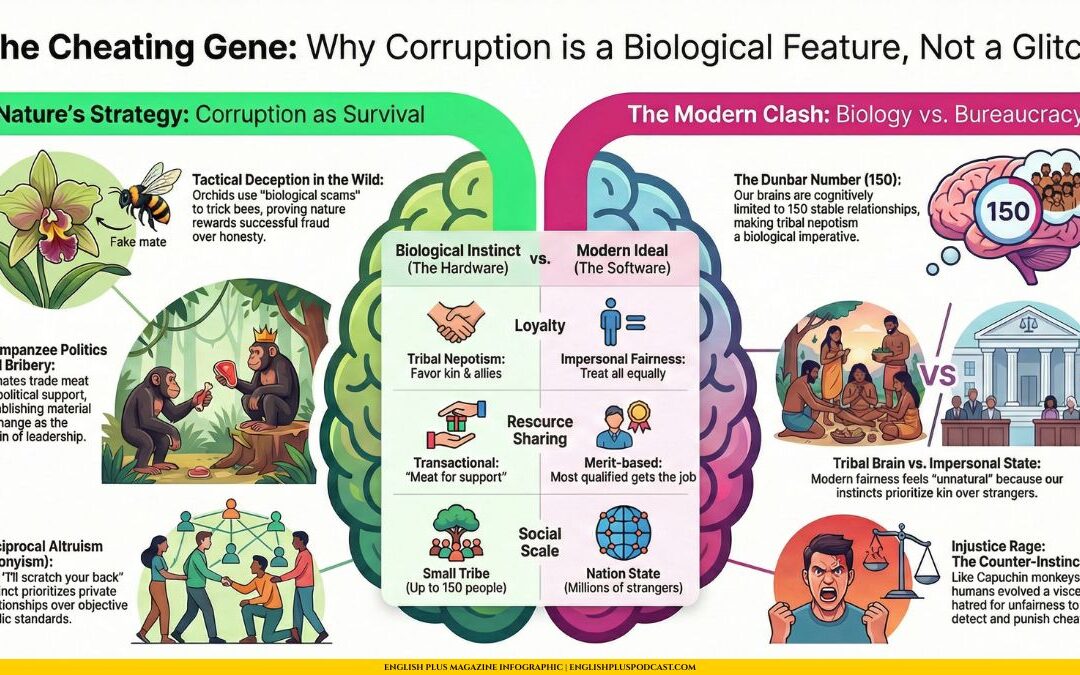The Grass is Always Greener on the Other Side: Meaning and Application
The proverb “The grass is always greener on the other side” speaks to the human tendency to idealize situations or possessions that we don’t have. It’s a reminder that we often covet what others possess, overlooking the potential flaws in their circumstances while focusing on the challenges of our own.
When is it Appropriate to Use?
Here are a few scenarios where the proverb feels fitting:
- Expressing Envy or Dissatisfaction: It’s a way of acknowledging the feeling that someone else’s situation might look more appealing than your own.
- A Lighthearted Reminder: The proverb might be used jokingly with friends or family to call out a tendency to focus on what’s lacking rather than what’s present.
- Perspective Shift: It can be a tool to spark self-reflection, encouraging us to reconsider the good things in our own lives.
When is it NOT Appropriate to Use?
It’s important to be mindful of how this proverb could land in certain situations:
- Dismissive of Genuine Struggles: Telling someone facing real hardship that “the grass is always greener” negates their very real difficulties.
- Promoting Complacency: This mindset can encourage passivity rather than inspiring action to address problems and improve our situation.
- During Serious Discussions: In the context of significant life changes or professional decisions, this proverb might oversimplify a complex situation.
Cultivating a Healthier Mindset
Instead of dwelling on the greener grass elsewhere, try focusing on:
- Gratitude: Practicing gratitude for what you do have shifts your focus away from perceived lack.
- Self-Improvement: Rather than compare, channel any envy into motivation to work towards your own goals.
- Realistic Expectations: Remember, everyone has their own challenges, even when things look perfect from the outside.
The Takeaway
While the proverb “The grass is always greener on the other side” highlights a common human tendency, dwelling on what we don’t have can foster negativity and dissatisfaction. By cultivating gratitude, self-improvement, and realistic expectations, we can learn to appreciate the greenness of our own lawns.










0 Comments